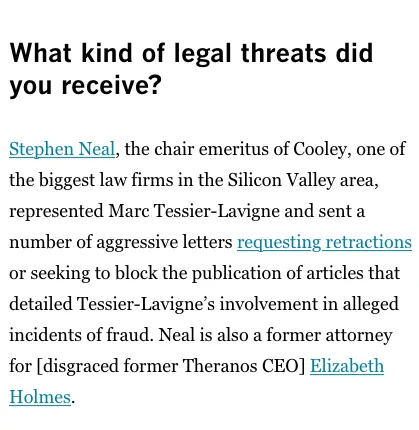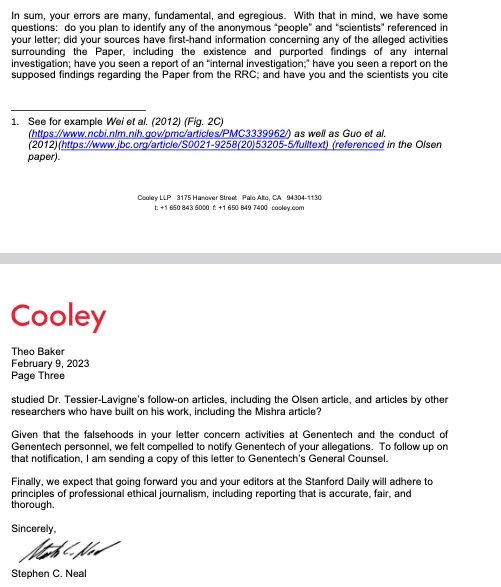I think it's even bigger than that, still. However much he thinks it's bigger, it's probably as much worse as whatever he thinks.
Because the system is built on the same naïve premise that doctors don't do harm, even though the history of medicine is basically a history of horror, with maybe 1.5 centuries of progress.
It has zero real accountability, which is the same issue with medicine. Judges can't make stuff up. Attorneys can't lie. Engineers, accountants, you name it. They can't lie in the conduct of their profession and are held accountable.
Medicine and academic reward fraud and allow even the most basic criticism to be framed as basically lèse-majesté. Retractions aren't good enough. They often amount to the kind of fraud that would lead to someone being kicked out of a profession. It's barely a slap on the wrist. And journals aren't even interested in most errors they publish, because it's only when they acknowledge them that they look back. They usually react defiantly because there is no downside to it.
The premise of this naïve system needs to change. It's ridiculous. Peer review is some of the most absurd BS ever invented. As if "some dude down the hall where I work looked at it quickly and says it's probably fine" is the same thing as actual accountability. There are some disciplines where this is serious, like in physics, but in medicine it's a complete joke, and that barely accounts for how massively worse it is with anything psychosomatic, or even just psychology.


